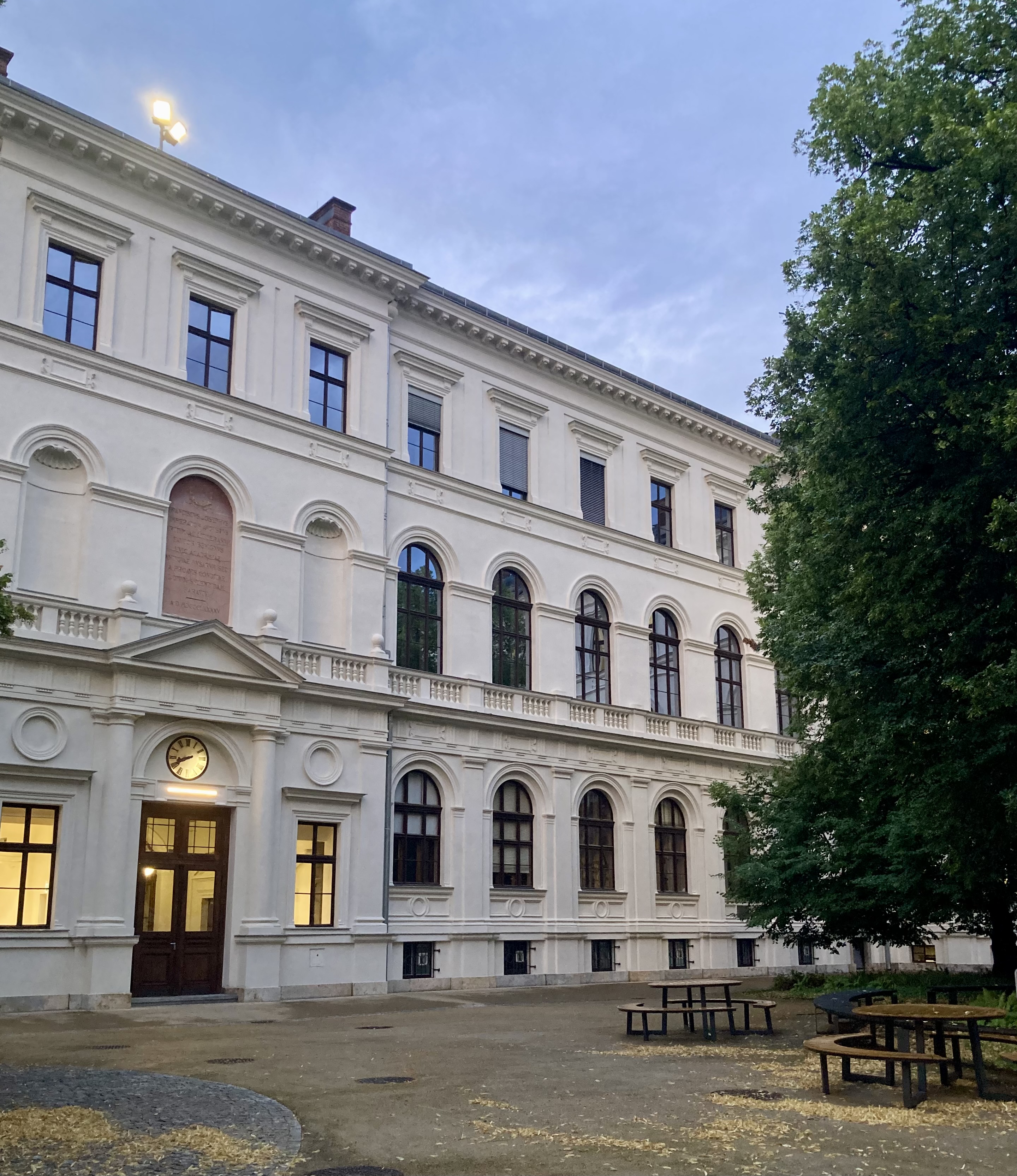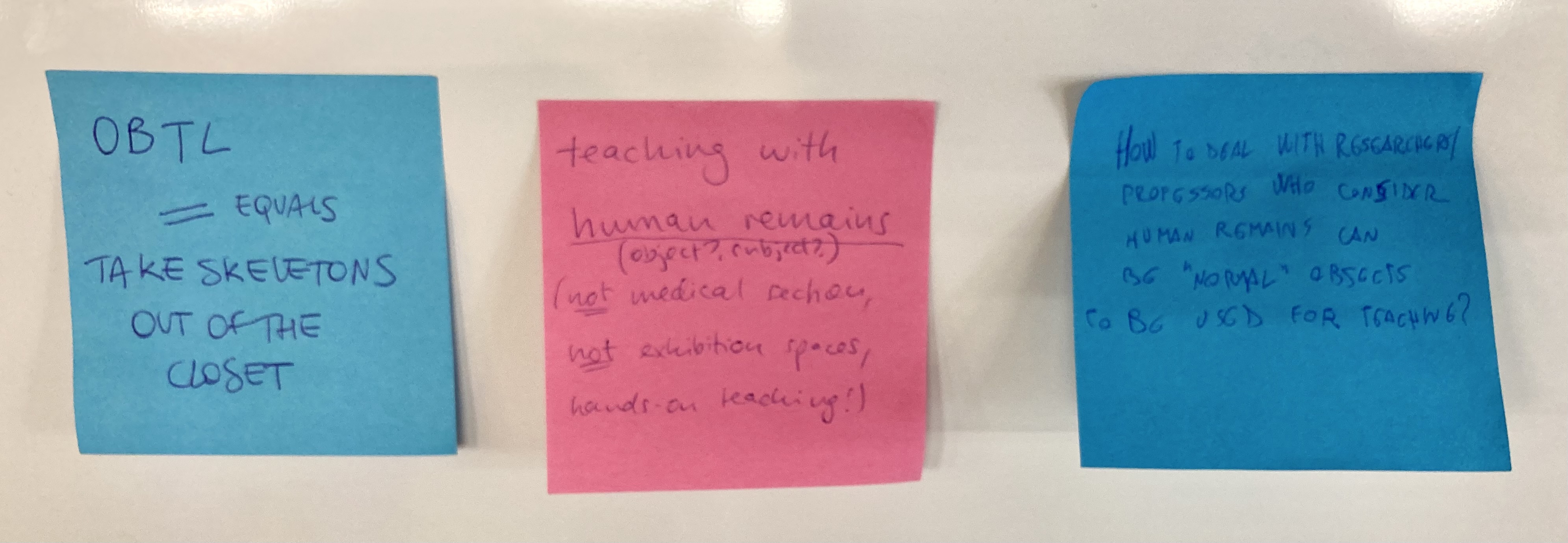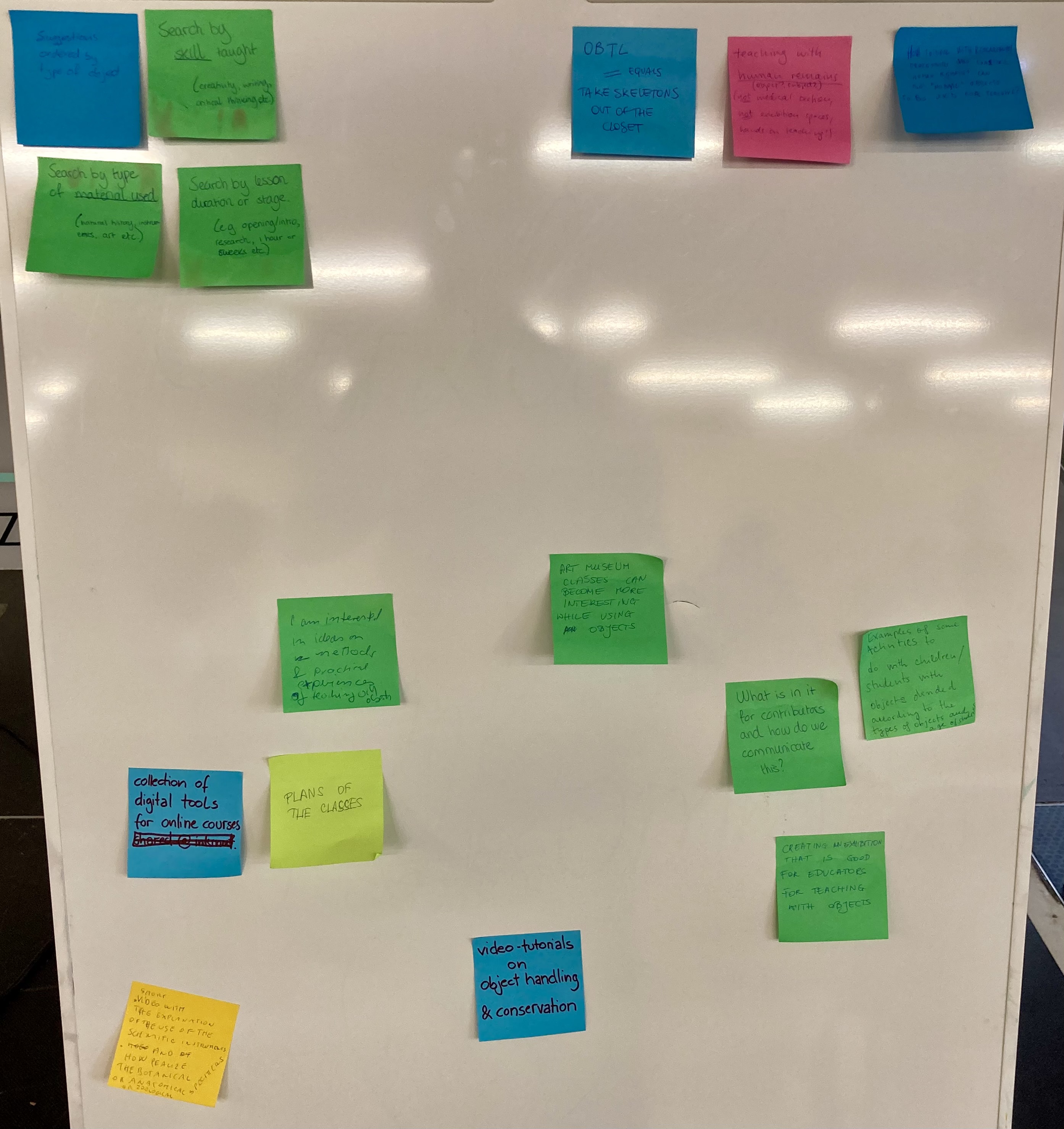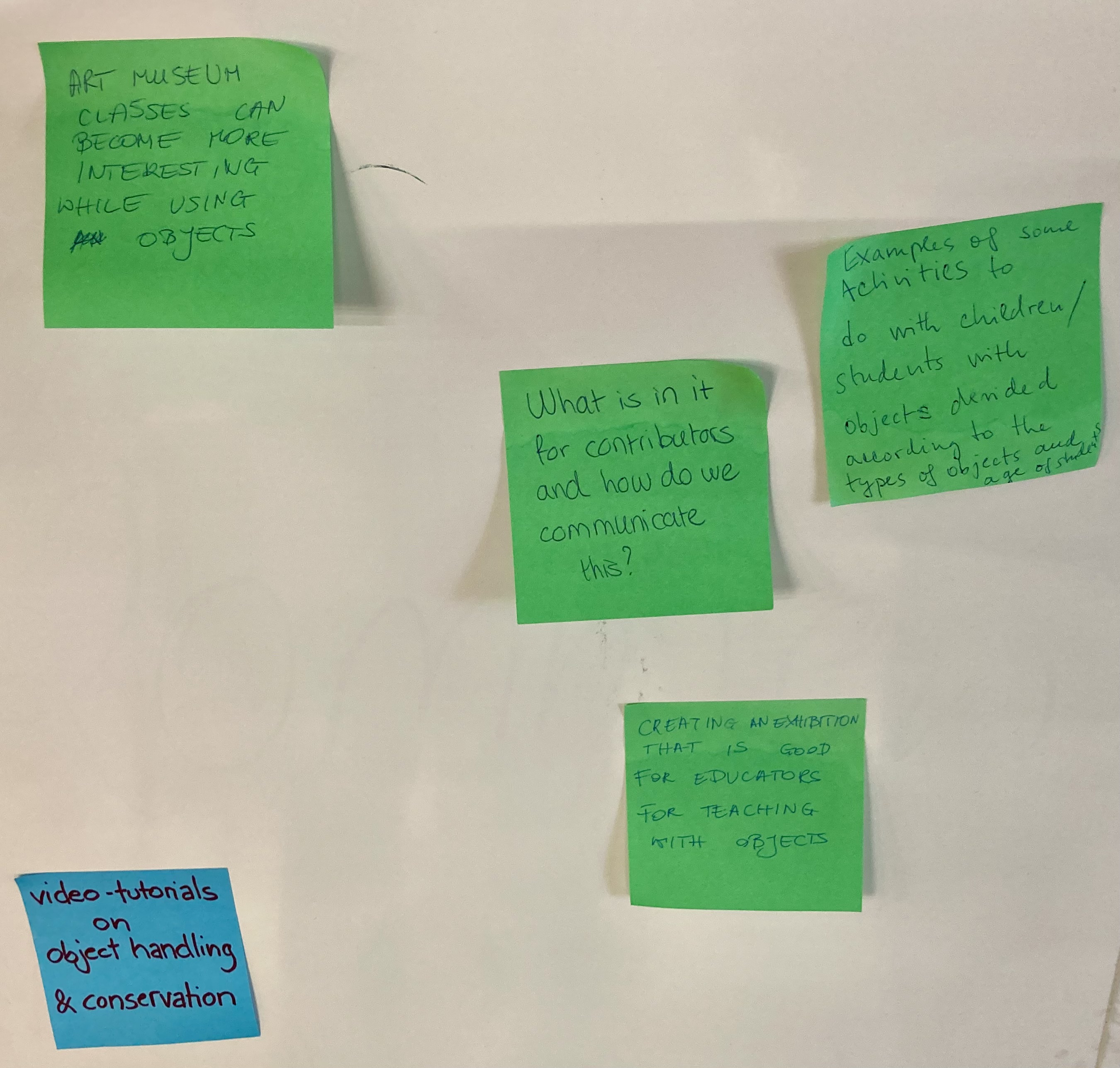TwO-Workshop at the Universeum Conference
Graz, 24 June 2025
Nina El Laban-Devauton
Graz

On the occasion of the Universeum Conference at Graz University, from 23 June to 26 June 2025, Teaching with Objects (TwO) organised a workshop at the Literaturhaus Graz in celebration of the recent launch of its online platform.
Thirty-two participants joined to exchange, discuss and explore how to share and encourage practices of object-based teaching and learning (OBTL). Each brought in their expertise, coming from university teaching, cultural mediation for young visitors and older ones, university museums or collections… One common idea bound us all together: objects are key to teaching and learning!
During the workshop, several key concerns were highlighted. One prominent issue was the need for comprehensive guides on implementing OBTL – beyond the available guide to reading objects and guide to choosing teaching activities. Participants expressed a shared desire for TwO to serve as an open educational resource platform, allowing practitioners to upload their teaching materials, making them accessible for others to download and use in their own teaching. Questions arose about the best ways to present these guides and the importance of backing them with pedagogical theory and didactics.
Consistent with the aim of making OBTL examples accessible and practicable, a second group discussed videos as an excellent means to present their practice. They first debated filming live examples in museums as a way to create explanatory videos at a relatively low cost. They also considered inviting museum educators or collection experts to produce videos of 2 to 3 minutes, in which they would present a typical object from their collection, its features and the activities or tasks it can be used for.
While an audiovisual learning platform would need to meet accessibility and production criteria, the positive response from the entire group confirmed that these ideas deserve further attention.
Finally, a third group engaged with the question of authenticity, opening broader debates, such as the use of copies vs. originals in teaching, the practical and sensory aspects associated with each choice.
The two-hour workshop was barely enough to start engaging with these issues. Now we would like to ask you: what can you contribute to these topics? Can you think of ways to implement these ideas? Are you missing a key topic on the agenda of OBTL practitioners?
Join the discussion and contact the TwO team if you would like to start an OBTL project.

Collecting ideas on TwO



